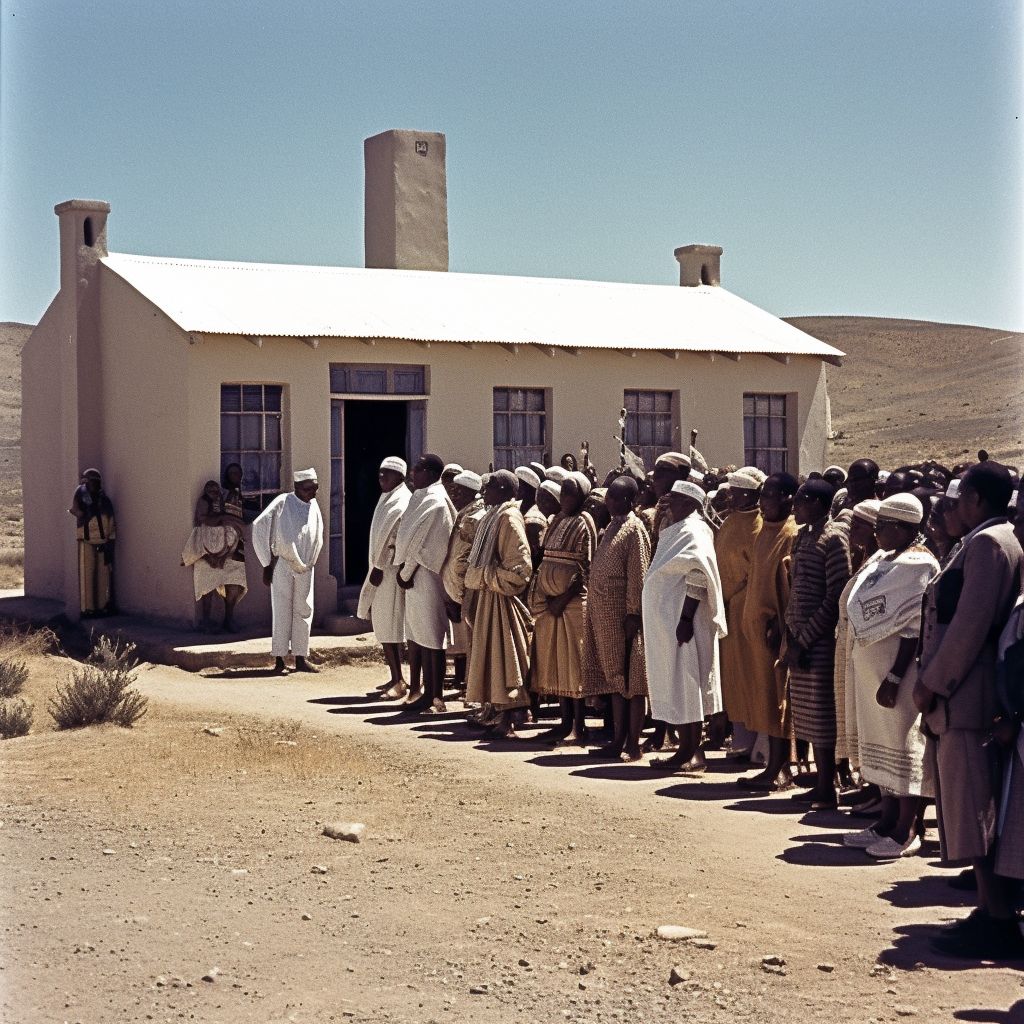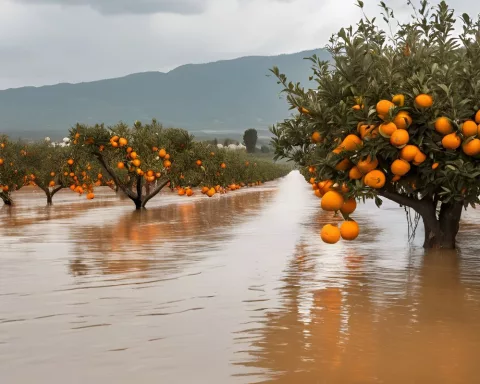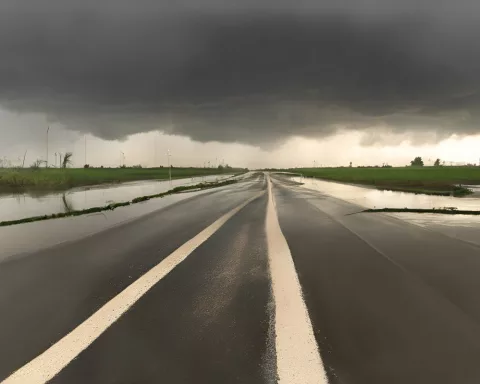The Winter Initiation period in the Western Cape is a sacred rite of passage that lasts from 1 June to 31 July. The Western Cape Government (WCG) has collaborated with initiation forums and community leaders to ensure the safety and well-being of initiates during this culturally significant time.
Establishing the Western Cape Provincial Initiation Coordinating Committee
The Western Cape Provincial Initiation Coordinating Committee (WCPICC) was created under Section 11(3) of the Customary Initiation Act, No 2 of 2021, to preserve the tradition and ensure the safety of initiates. The committee is responsible for coordinating all initiation schools, practices, and activities and holding all parties accountable.
Preparatory Measures for the Winter Initiation Season
The Department of Cultural Affairs and Sport (DCAS), in partnership with local initiation forums, has taken several measures to prepare for the Winter Initiation season. These steps include holding information sessions with stakeholders, meeting medical screening requirements, and providing consent forms to be signed by initiates, parents or guardians, responsible traditional carers, and traditional surgeons. The consent form establishes a mutually agreed-upon set of responsibilities among all parties involved.
Approval of Necessary Forms and Provision of Essential Items
The WCPICC has approved the necessary forms under Section 15(1)(b) and (c) of the Act for initiation forums to implement. The committee urges forums with outstanding documentation to submit their forms for registration and to open and operate initiation schools. To mitigate risks, DCAS provides initiation forums with personal protective equipment (PPE), water tanks, thermal blankets, fire extinguishers, fire beaters, and metal fire buckets.
Minister Emphasizes the Importance of Safety and Cultural Significance of Initiation Rites
Anroux Marais, Minister of Cultural Affairs and Sport, emphasizes the province’s dedication to the safety and cultural importance of initiation rites. She stresses that the safety of initiates is the province’s top priority during initiation seasons. The initiation rite of passage is culturally significant, and the government will continue to ensure that initiation schools can safely guide initiates through this time.
Registering Initiation Schools
The WCG invites all initiation schools approved by the WCPICC to operate during the winter season and urges unregistered schools to do so urgently. Schools must register at least three months before each initiation season, as stipulated in Section 26(2) of the Act. The Department encourages communities to register initiation schools for the upcoming summer season, which begins on 1 August 2023.
Collaborating for Safety and Cultural Significance
Through collaboration with initiation forums and community leaders, the Western Cape Government aims to uphold the safety and cultural significance of initiates during this vital rite of passage. The time-honored tradition of initiation can continue to enrich and strengthen the cultural fabric of the Western Cape with the ongoing support of all stakeholders.












